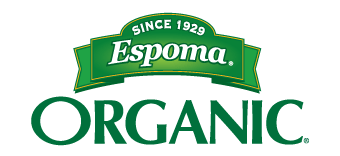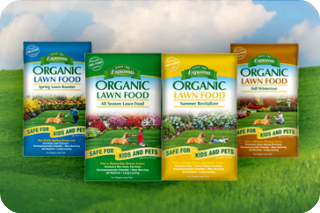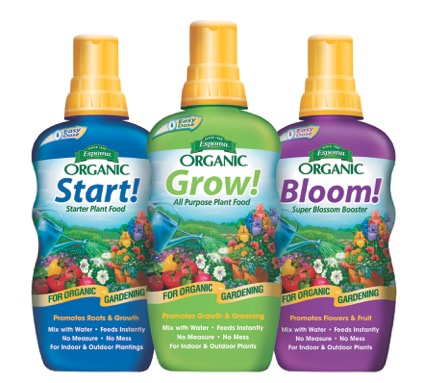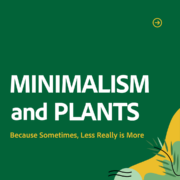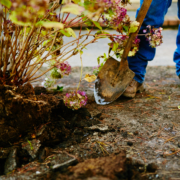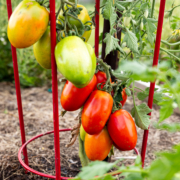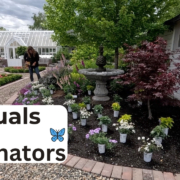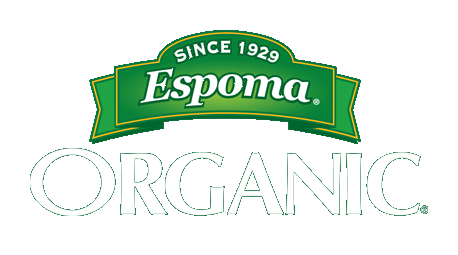To Feed or Not to Feed: Organic Fertilizer Run Down
Just as you need energy to get through your day, your plants do too. And of course, when it comes to family-friendly gardening, organic fertilizer is the way to go!
What is Organic Fertilizer?
Organic fertilizers contain only ingredients from plant, animal or mineral sources. Examples of these kinds of ingredients are bone meal, kelp meal and greensand.
Why use Organic Fertilizer?
While it is true that all fertilizers ultimately feed nutrients to plants in the same form, it is the process by which they are delivered that makes organic fertilizers superior to others.
Three ways to think about organic fertilizers:
1. Gardening always starts with the soil. Organic fertilizer “feeds the soil that feeds the plants”. The process by which organic fertilizers deliver their nutrients enhances the fertility and structure of the soil.
Organics are digested by soil microorganisms, which then release the nutrients in a form available to plants. This process produces humus, a spongy material that improves soil structure. When you improve soil structure, the soil is better able to hold the proper balance of water, air and nutrients until they are required by plants.
Plants respond by developing larger root systems. Larger roots support more vigorous top growth and make plants less susceptible to drought. And by stimulating a healthy population of beneficial microorganisms in the soil, plants become more resistant to insects and diseases.
2. Organic fertilizers will provide slow, steady feeding, as the plants require it. The release process is slow and largely dependent upon three factors: the microbial population in the soil, moisture, and soil temperature.
A healthy population of microbes in the soil is necessary for the digestion process. Moisture is required to sustain microbial life as well as to keep nutrients flowing into the plants root zone. And soil temperature is critical because as it rises, plants require nutrients more rapidly.
Fortunately, microbial activity mimics these requirements and increases as soil temperature rises, so that organics feed the needed nutrients as the plants require them.
3. Most of the time, the gardener isn’t the only one in the garden. Organic fertilizers are the safest choice for your plants and the environment.Unlike synthetic plant foods, organics have an extremely low salt index, which means there is little to no risk of burning (dehydrating) plants in periods of extreme drought or when over-applying.
Organic fertilizers are generally very resistant to leaching out of the soil, so their nutrients stay in the root zone until the plants need them. And since most organic ingredients are byproducts from commercial farms and meat processing plants, the utilization of them for feeding plants is really a system of recycling much like composting.
So, when the debate of whether you should fertilize your plants pops in your head remember: organic fertilizer is the right choice for you and your family. Check out our fertilizers here.
